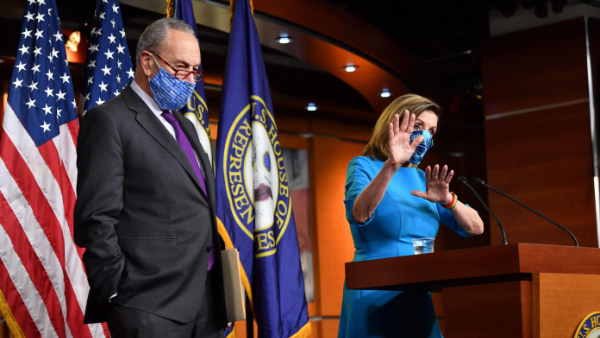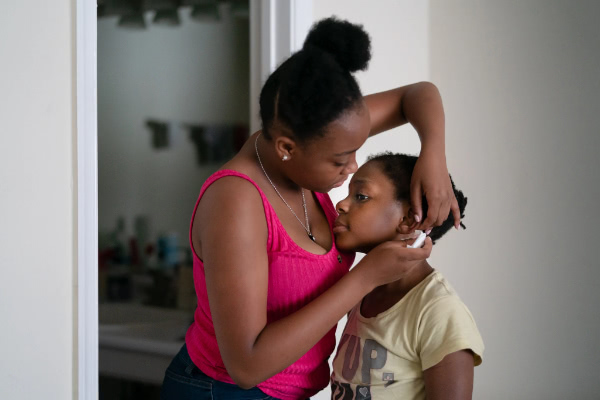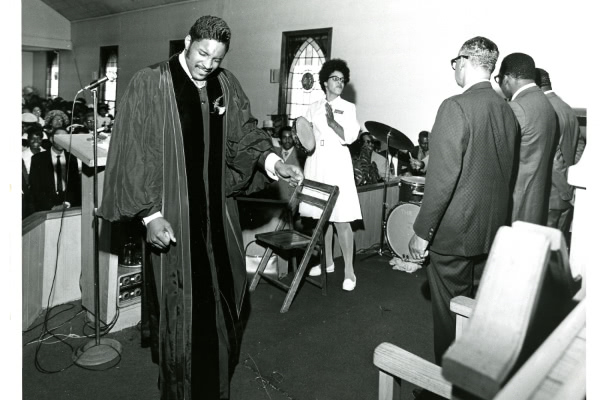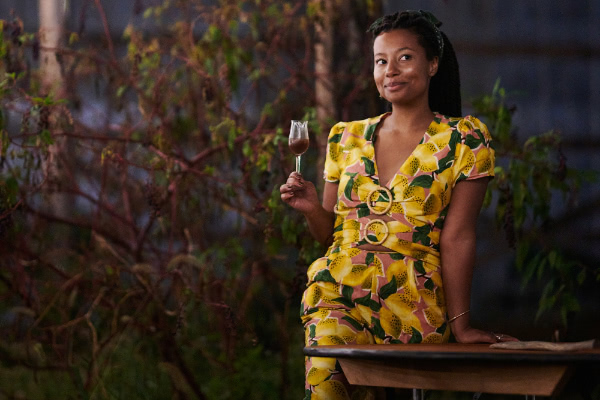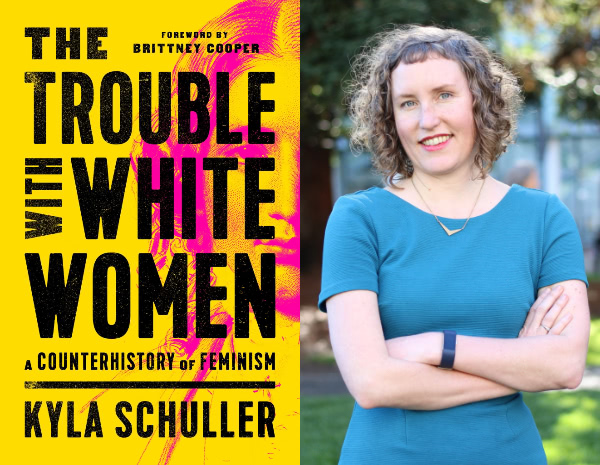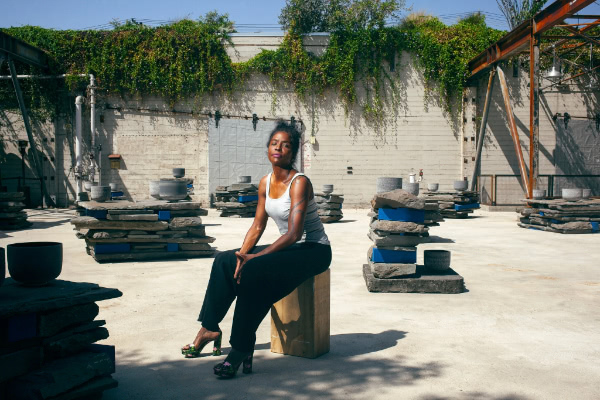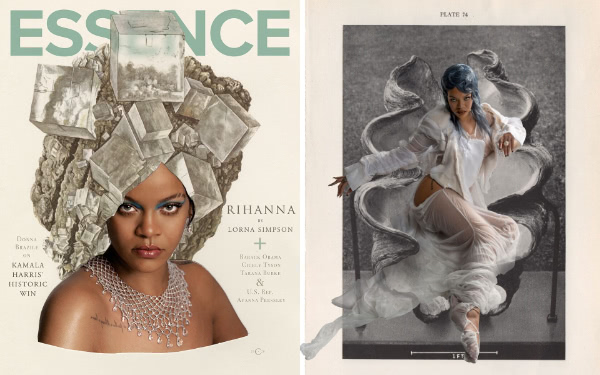Democratic Party apathy on issues that affect Black America
Michael Harriot, writing for The Root:
There is a secret that all of your favorite Black pundits and even members of the Congressional Black Caucus know.
Black people are on their own.
Black America’s unwavering loyalty to the Democratic Party is as much a function of the conservative racism as it is a belief in the values and ideals of the Democratic Party’s platform. […]
And when it comes to problems that face the Democratic Party’s most loyal base, we know the party is more than willing to compromise our rights for their power […]
Just like the Caucasian outrage over police violence, the promises lobbed at Black America during the 2020 election season have now dissipated into thin air. The attempts at passing voting rights protections have stalled. So has police reform. Immigration reform, too. While the GOP’s obstructionists agenda may be the reason for some of these failures, The Democratic Party must also bear some blame.
‘Black girls deserve to be children’
Alisha Haridasani Gupta, writing for The New York Times:
During the pandemic, teenage girls took on more caregiving at home, extra shifts at work and the burden of organizing racial justice protests. In many instances, it upended their lives.
For the past year and a half, Jamese Logan, a 15-year-old in Lanham, Md., found herself looking after four children. Her aunt died of cancer in May, leaving her children, the youngest just over a year old, in the care of Jamese’s mother.
And when Jamese’s mother goes to work, it has been Jamese’s responsibility to look after her cousins, juggling their needs with her homework and virtual school.
More than 17,000 deaths caused by police have been misclassified since 1980
Martin Kaste, writing for NPR:
Deaths involving police have been greatly undercounted in the United States, and African American people die in such encounters at 3.5 times the rate of whites, according to a new analysis by public health researchers.
Reassessing Janet Jackson’s ‘Control’ and legacy
It’s Been a Minute host Sam Sanders speaks with music journalist Danyel Smith and legendary producers Jimmy Jam and Terry Lewis about Control’s impact on pop music and Janet’s career.
Thirty-five years ago, Janet Jackson released an album that changed the course of her career, and of pop music. Control took over radio, reinvented the playbook for Black artists crossing over into pop and ushered in a whole new sound for R&B. For more than a decade after, Jackson released hit after hit and No. 1 album after No. 1 album, alongside her production and writing partners Jimmy Jam and Terry Lewis.
This is my first time seeing the long version of this as someone at MTV (wisely!) decided it was better without the first three minutes.
After 50 Years, a Gospel-Soul Legend (Finally) Gets His Due
Daniel Kreps, reporting for Rolling Stone:
“About five years ago, they told me that Kanye West was sampling — I had never heard the term — my music. And I said, ‘Well, I hope he likes it.’ I thought they meant he was listening to it,” Pastor T.L. Barrett tells Rolling Stone. “But my record company said, ‘No, it’s on his album. They want to use two of your songs.’ And it just took off like a rocket.”
A famed Chicago preacher, civil rights activist, community organizer, power broker and — among a small congregation of music fans — a significant yet largely unknown gospel artist, Barrett pinpoints the exact moment where his name began gusting out of the Windy City: When West sampled his 1976 song “Father I Stretch My Hands” for the 2016 The Life of Pablo standout “Father Stretch My Hands.”
I’ve had this on repeat:
I Shall Wear a Crown, a compilation of Pastor Barrett’s albums from the seventies, was released in September.
For Gabrielle E. W. Carter, cooking is about the culture — and how to preserve it
Aaron Hutcherson profiles the cultural preservationist for The Washington Post:
With a significant portion of Black culture and history having once relied solely on oral traditions, so much of it has been lost over time, but Carter is seeking to find and reclaim what she can. Once those answers are found, they must be recorded, archived and shared with current and future generations, which Carter does through writing, filmmaking, seed keeping and hosting dinners and events. “I want to make sure that I’m doing those stories justice, and that our history is being told through our lens, and not just a White anthropological one,” she says.
How White Feminism Threw Its Black Counterpart Under the Bus
Joan Morgan reviews historian Kyla Schuller’s book The Trouble with White Women for the Times:
From the start, [Schuller] lays bare how white feminism, rooted in binary, dated understandings of womanhood, “is a political position, not an identity,” and has no interest in disrupting the status quo, or in a reallocation of power. Instead, she writes, “it approaches the lives of Black and Indigenous people, other people of color and the poor as raw resources that can fuel women’s rise in status.”
The Many Layers of Lorna Simpson
Shirley Ngozi Nwangwa interviews Simpson for The New York Times Style Magazine:
With her incisive, boundary-breaking works, the multidisciplinary artist has been exploring the nature of identity, and challenging assumptions about art-making, since the 1980s.
Simpson on when she first felt comfortable calling herself a professional artist:
I remember reading somewhere that Häagen-Dazs is a made-up name for a company, it doesn’t mean anything. I was like, “People are just out here making stuff up — I can make stuff up.” The level of ego I took on … like, I have the privilege of making stuff up. I’ve always, in my career, pushed the bounds. When I started painting in earnest in 2015, I knew I was really messing with something. I have friends who’ve been doing that for 30 years.
All this is to say I get to figure things out, I do it in a private way and then I get to judge it. Being a professional artist? That’s defined by my relationship to the work. It’s solely mine, my choosing, who I collaborate with, what kinds of conversation I’m in. I will never and have never let other people’s understanding of my work be a litmus test of my own value or professionalism.
Earlier this year, Simpson created a series of otherworldly images and collages featuring Rihanna for Essence magazine.
Everrrything, Simpson’s solo exhibition at Hauser & Wirth in Los Angeles runs through January 9th.
Thanks for reading. See you next week.

